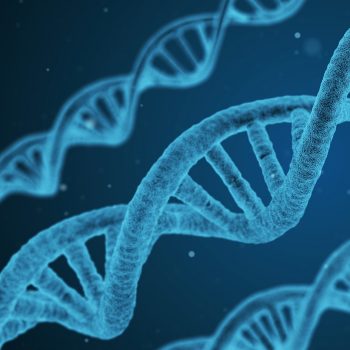Cambridge researchers develop new tool to map beginnings of heart disease
Researcher Dr Dirk Paul said: “We previously discovered that certain gene variants are more common in people with heart disease. Now the challenge is to find out how exactly these gene variants contribute to the risk of heart disease.”
Using stem cells from 200 healthy volunteers, the team grew them in the laboratory into macrophages, which are specialist cells responsible for sweeping up harmful particles, such as cholesterol in the arteries.
Dr Paul said: “Macrophages are part of the biological machinery that clears away fatty material inside the arteries – but in individuals who carry these gene variants, the machinery doesn’t work properly leading to a build-up of cholesterol.
“This in turn leads to atherosclerosis, the condition that causes most heart attacks and strokes.
“We fed the macrophages with cholesterol and then studied them in minute molecular detail to see what happened. This will improve our understanding of how atherosclerosis develops.
“This new approach will help us see how the gene variants affect disease risk and translate this knowledge into new treatments.”
- This study was funded by the NIHR Cambridge BRC and the BHF Cambridge Centre of Research Excellence.
- For more information visit the Cardiovascular Epidemiology Unit – Integrative Human Genomics research web pages.



